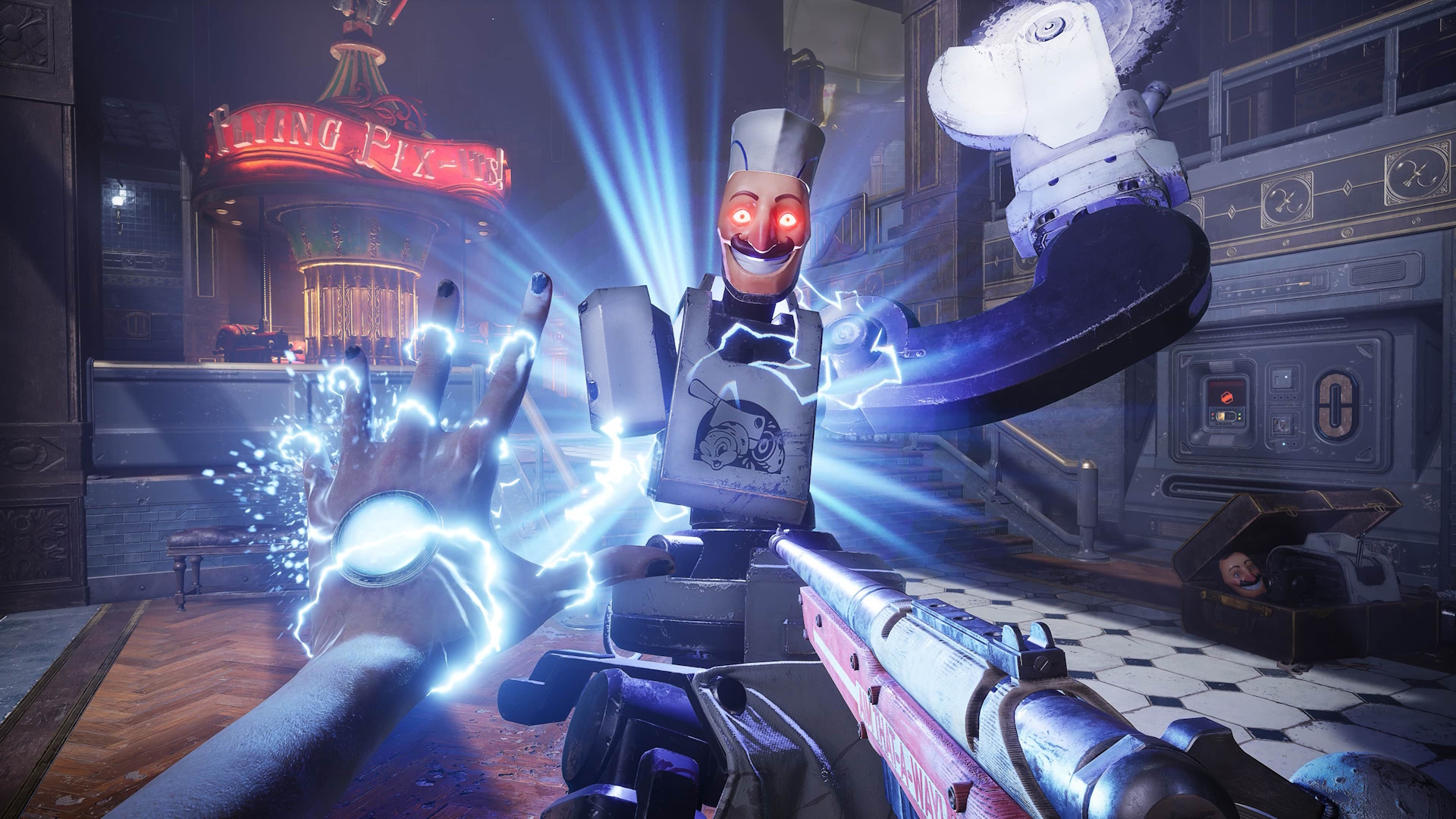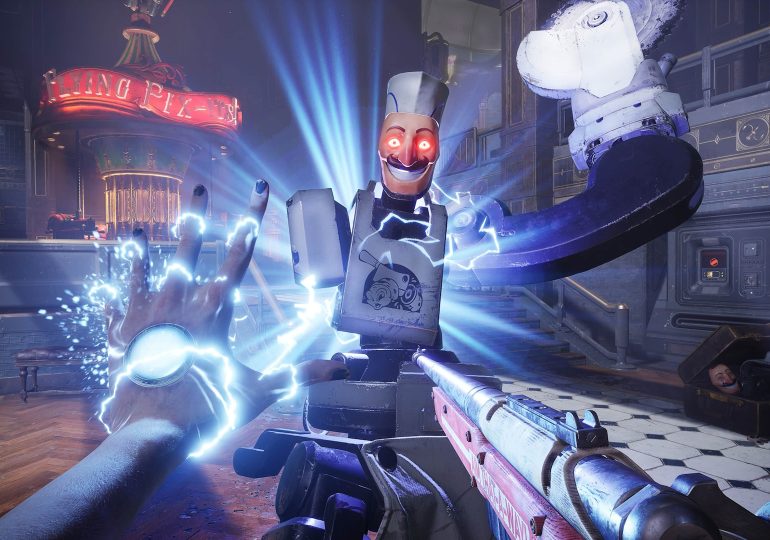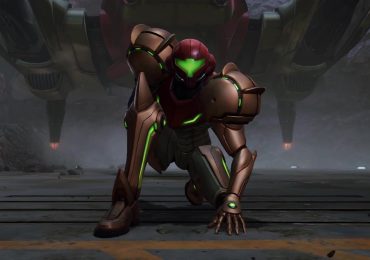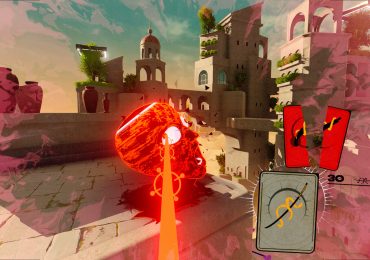
Ken Levine recently sat down with GamesIndustry.biz for a year-end discussion about storytelling in video games, during which he shared a lot of his ambitions for Judas, his first post-BioShock project in development at his new-ish studio.
Ghost Story Games was established in 2017 following Levine’s restructuring of Irrational Games, through which he’d spent over a decade making a name for himself as one of the industry’s leading creative directors. All but 15 members of Irrational’s staff were let go a month before the release of the final BioShock Infinite expansion in 2014 as Levine sought to “start a smaller, more entrepreneurial endeavor” focused on “narrative-driven games for the core gamer that are highly replayable.”
Many questioned Levine’s decision to burn everything down to essentially keep making games like BioShock, and criticism only increased as the studio’s first project took years to even be named publicly. The team kept its head down until Judas was finally revealed at The Game Awards in 2022.
“It’s very easy to show a player a story,” Levine told GamesIndustry.biz. “The harder part is to get them to participate in it and react to how they participate. I don’t think there’s one way to make games, but personally, as a narrative games maker, I’ve never been a big fan of cutscenes because they’re not interactive. One of the reasons Judas is taking so long is trying to figure out how we get the game to be substantially more responsive to player decisions. That’s a really hard problem.”
What we’ve seen of Judas so far bears many of the hallmarks one would expect of a Levine-led project: social commentary, a failed society left to languish in a hostile environment, and first-person shooter mechanics backed by flashy superpowers. After its debut, folks again asked why Irrational Games had to die and its large staff had to be set adrift only for Levine to develop another BioShock in everything but name. During his conversation with GamesIndustry.biz, the creative director did his best to set the two properties apart.
“BioShock and BioShock Infinite, if you look at them from a development standpoint – and this may be a bit alienating to some readers – but they’re basically a corridor. A very, very long corridor with a bunch of trigger points that make story elements happen. Judas is made very, very differently and that makes it much more hopefully reflective of players agency, but also much, much harder to make.”
The crux of storytelling in Judas, Levine explained, is in the way it recognizes player actions and responds to them accordingly.
“Even just characters observing a long range of player action and commenting on it,” Levine said. “‘Hey, you saw this and you did that and then you did this and that was interesting because that caused that’ – we’re doing that kinda stuff right now. And it’s really just observing the players and then writing the types of lines that could react to various types of things. It’s a huge amount of work because you have to think of all the things a player can do and then write in-character responses for different characters to those actions in a way that feels organic.”
Fortunately, it doesn’t sound like Ghost Story Games is interesting in filling gaps in the writing process with so-called artificial intelligence. Levine called attention to AI’s terrible understanding of persistence — “You look at Sora, the ChatGPT video generator, you see a woman walking down the street and the street scene is beautiful, but if she were to turn around and walk backwards, it wouldn’t remember where she has been” — as a major downside to its creative potential. The studio is also avoiding the use of generative models for concept art due to the legal issues that may arise from AI’s liberal use of other people’s protected work.
Judas is tentatively scheduled to arrive on PlayStation 5, Xbox Series X/S, and PC sometime before March 31, 2025.








